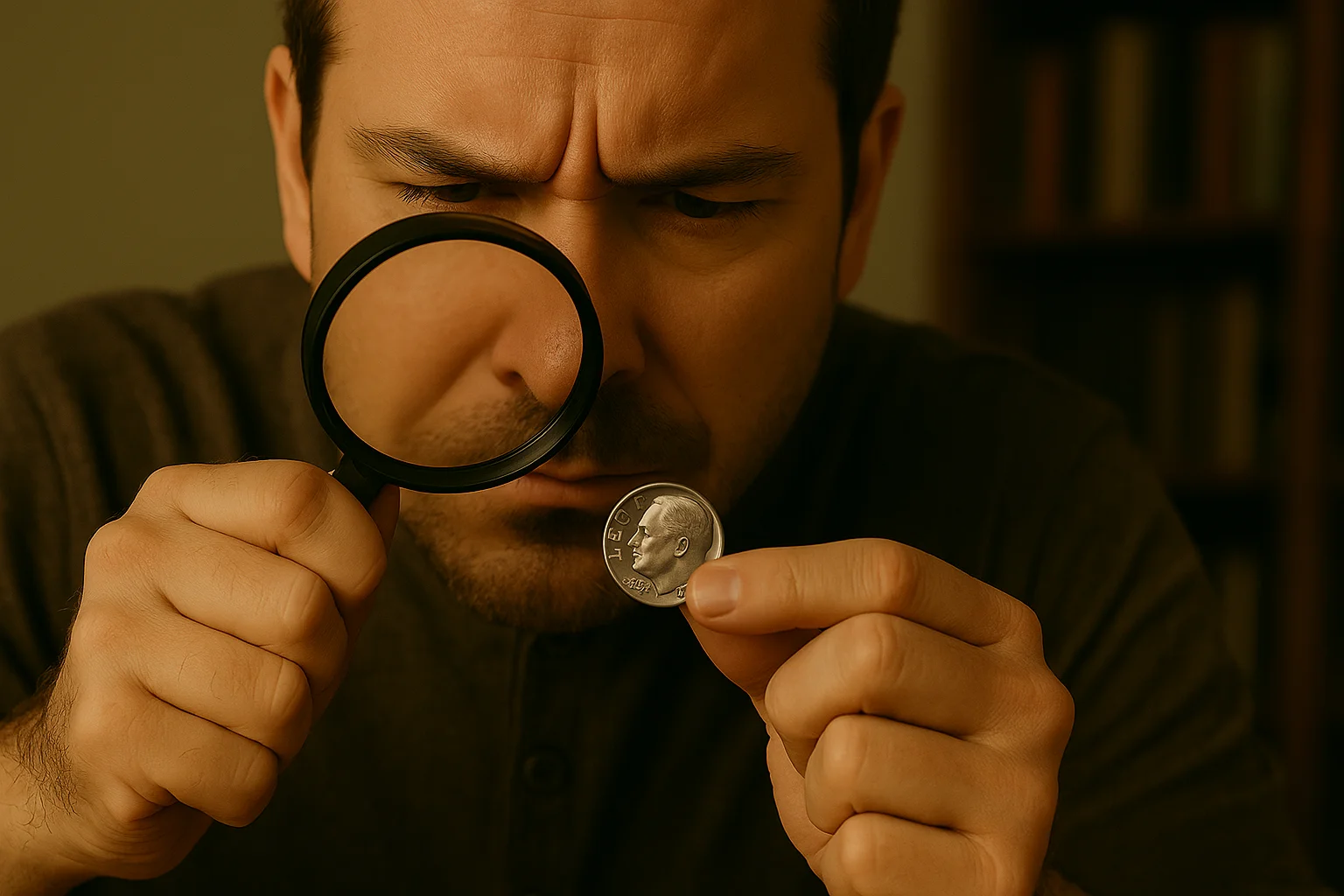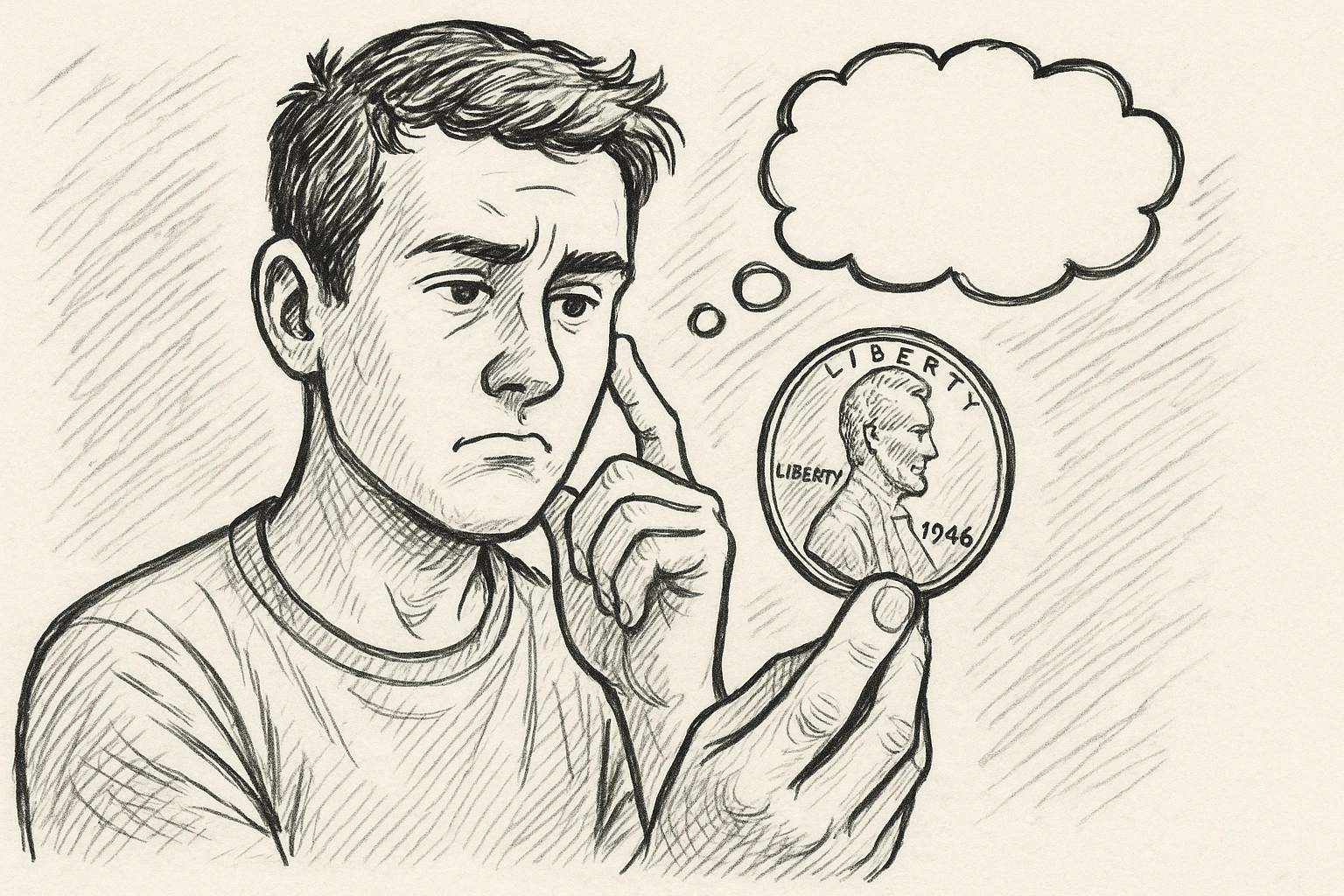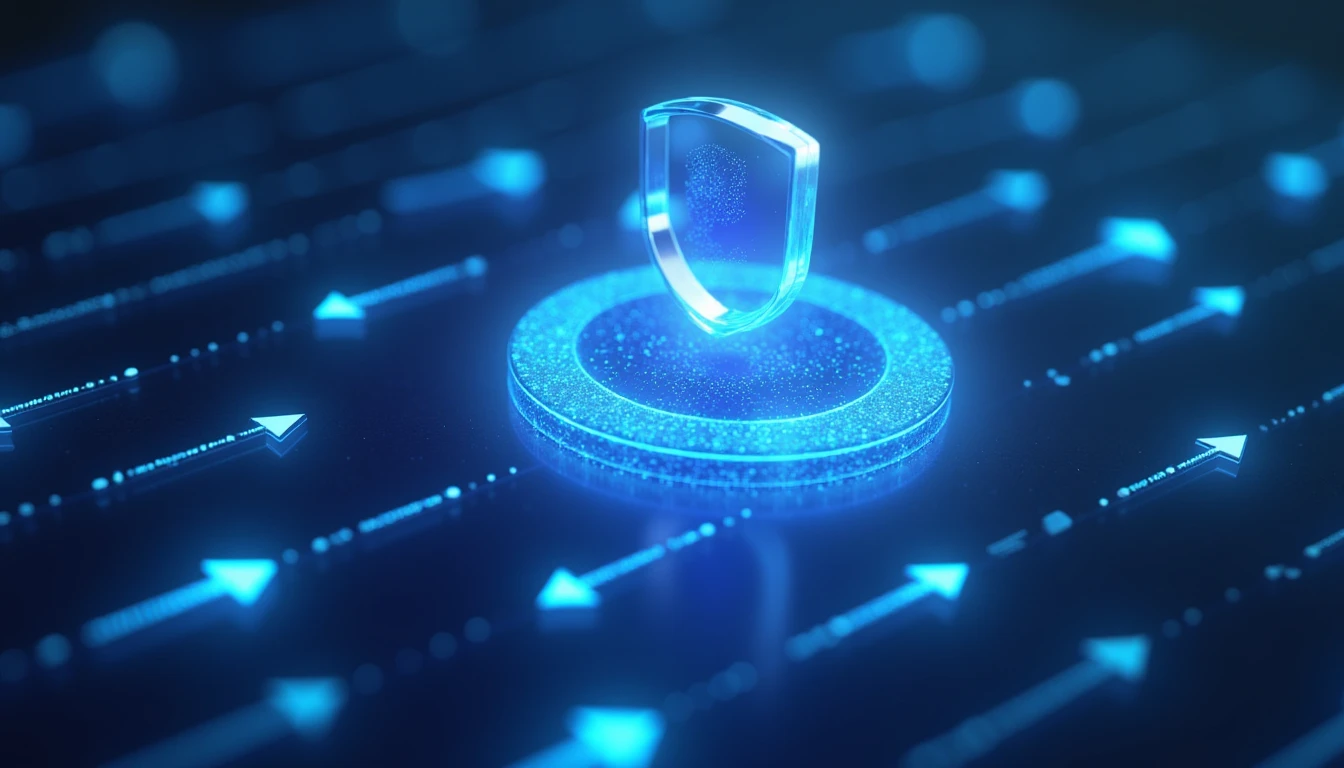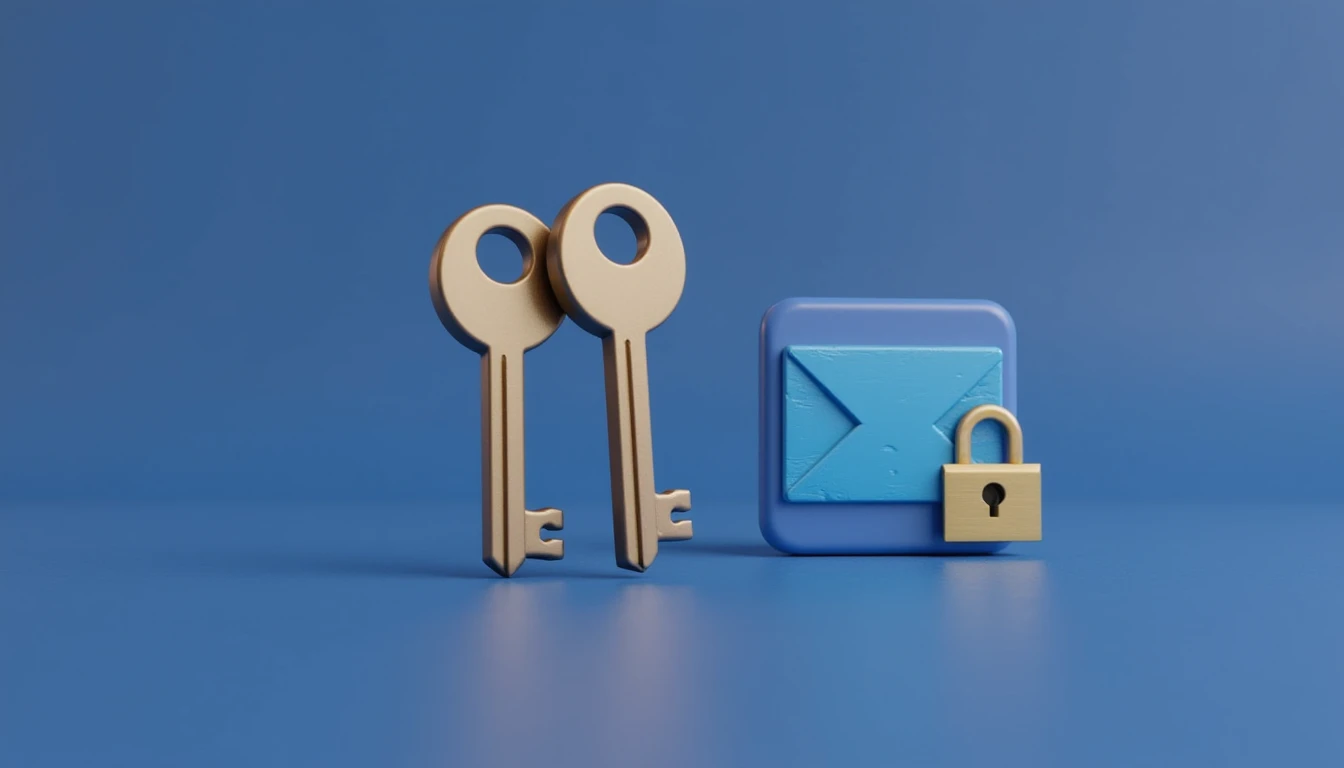When we think about famous people with ADHD, it is often surprising to see how many successful actors, athletes, and entrepreneurs live with the same challenges that millions face every day. ADHD (Attention Deficit Hyperactivity Disorder) is far more common than many realize, and it does not discriminate — it can affect children, adults, creatives, and even CEOs.
The point of this article is twofold. First, it is about showing that ADHD does not have to limit your potential. To make sure of this, you will find some of the world’s most talented people openly share their stories. Second, it is about self-reflection: here you will find a practical checklist later on to help you recognize whether some of the signs resonate with your own life.
What ADHD Really Is (in Simple Terms)
ADHD is not laziness, lack of discipline, or poor upbringing. ADHD is a neurobiological condition affecting how the brain manages attention, impulses, and energy. Put simply, the brain of a person with ADHD is wired differently — which can bring both difficulties and unique abilities.
A few common misconceptions deserve to be cleared up:
- ADHD is only for kids? Not true. While many people are diagnosed in childhood, a significant number of adults also live with ADHD, often undiagnosed.
- Is it just about hyperactivity? No. Some people with ADHD are very energetic, but others mainly struggle with focus, organization, or managing time.
- It means you can’t succeed? Absolutely not. ADHD may make certain tasks harder, but it can also fuel creativity, extraordinary thinking, and resilience.
Here is an important fact: according to the Centers for Disease Control and Prevention (CDC), about 4–5% of adults worldwide live with ADHD, yet many never receive a formal diagnosis. That means countless people go through life struggling with focus, procrastination, or impulsivity without realizing that ADHD might be part of the reason.
If you notice persistent difficulties with concentration, remembering details, or managing daily tasks, it’s not a reason for shame. The best step is to learn more and, if necessary, talk to a healthcare professional. Sometimes simply understanding what’s going on is already a huge relief.
Famous People with ADHD: Real Stories of Success
One of the most encouraging aspects of ADHD awareness is seeing how many successful people have spoken openly about it.
Actors and Musicians
- Justin Timberlake confirmed in interviews that living with ADHD affected his career, but the condition never stopped him from being one of the world’s biggest entertainers.
- Maroon 5 frontman Adam Levine also spoke about his diagnosis (describing ADHD as something that follows him everywhere). But this state did not prevent him from writing hits, touring the globe, and mentoring new talent.
- Music producer and Black Eyed Peas member will.i.am has shared similar experiences, turning his restless energy into creative output.
Athletes
Olympic champions Simone Biles and Michael Phelps both have ADHD and spoke about how the condition influenced their lives. Instead of struggling, their focus on training became a superpower, helping them master gymnastics and swimming. Their discipline shows that ADHD doesn’t mean lack of control — it can mean channeling energy into excellence.
Entrepreneurs
Richard Branson, founder of Virgin Group, long discussed his ADHD and dyslexia. Instead of letting it hold him back, he used his high energy, risk-taking spirit, and ability to think differently to build a global business empire. His story highlights how unconventional thinking can be an asset in entrepreneurship.
The lifehack here is simple: don’t think of ADHD as only a minus and think of it as another way of processing information. If these people were able to transform their challenges into strengths, it is possible that you too have hidden abilities waiting to be opened.
Why ADHD Can Feel Like Both a Struggle and a Superpower
Living with ADHD can sometimes feel like riding a rollercoaster you didn’t quite sign up for. On one hand, it brings challenges — distractions, impulsive decisions, and difficulty staying organized. On the other hand, the same traits can fuel creativity and boldness. It is like a double-edged sword, and learning how to use both sides is the real secret.
Here is how it often looks in everyday life:
- Distraction vs. creativity: Sure, it is easy to lose focus when a notification pops up or when a task feels boring. But the flip side is the ability to spot connections others miss, which is why many people with ADHD excel in creative work.
- Impulsivity vs. boldness: Acting without thinking can cause problems. But it can also mean having the courage to take risks, speak up, or try something new when others hesitate.
- Restlessness vs. energy: Struggling to sit still might be frustrating, yet the same energy often becomes an unstoppable drive when directed toward a passion project or sport.
Pro tip: Keep a productivity journal. Write down moments when your ADHD traits helped you (like solving a problem creatively) and moments when they held you back (like missing a deadline). Over time, you will notice patterns and learn how to lean on the strengths while managing the struggles.

Practical Checklist: Could You Have ADHD?
Well, before we start with this, please remember: the following checklist is not a diagnostic tool but a way to reflect on your daily experiences. Check the boxes that resonate with you, then total your score at the bottom.
| Symptom / Habit | Yes | No |
| I get easily distracted, even with simple tasks. | ||
| I find it hard to sit still when I’m supposed to. | ||
| Managing time feels like a constant struggle (lateness, forgetting tasks). | ||
| My mind races with dozens of ideas, but I rarely finish what I start. | ||
| I sometimes act impulsively (say things, make decisions quickly). | ||
| I often procrastinate even on things I really want to do. | ||
| I lose track of belongings like keys, phone, or wallet more often than others. | ||
| I need reminders, alarms, or notes just to keep daily life in order. | ||
| I can hyperfocus on things I love, losing track of time completely. | ||
| I feel mentally “all over the place” most days. | ||
| Friends or coworkers say I seem restless or scattered. | ||
| I struggle with long instructions or reading materials. |
Total Score: ____ / 12
How to Read Your Score:
- 0–3: These experiences are common for everyone sometimes. Probably not ADHD.
- 4–6: Some signs are present. Could be worth learning more, but nothing conclusive.
- 7–9: Strong indicators. Consider talking to a healthcare professional for guidance.
- 10–12: Very strong signs. This isn’t a diagnosis, but seeking an evaluation would be a wise step.
Remember, this checklist is only a self-reflection tool. The only way to know for sure is through a proper evaluation with a doctor or psychologist.
Lifehack: If many boxes feel familiar, start small. Use daily habits like to-do lists, phone reminders, or the “Pomodoro” timer (25 minutes of focused work followed by a short break). These tools are simple, but for someone they can change life.
Daily Strategies for Managing ADHD
Living with ADHD doesn’t mean you are doomed to chaos — it just means you may need a slightly different playbook. Just consider some small daily adjustments to make life smoother and more manageable.
- Break tasks into smaller steps. A long to-do list can feel overwhelming. Instead of writing down “finish project,” try breaking it into micro-tasks like “draft outline,” “write intro,” and “edit.” Checking off these smaller wins gives you momentum.
- Visualize your day. Many people with ADHD think better when they see their plans. Use sticky notes, a whiteboard, or digital planners to map out your schedule.
- Work in bursts. Long, uninterrupted hours of focus can be draining. Try the “work–pause” rhythm: 25–30 minutes of focused work followed by a short movement break to keep your energy levels steady and prevent burnout.
- Train your attention. Just like physical exercise strengthens your body, mental exercises can sharpen your brain. One trick many people find helpful is training their focus with short daily exercises. Apps like Mind Elevate offer quick brain games to improve memory, attention, and logical thinking, i.e. offers a fun way to keep your mind sharp without extra pressure.

When to Seek Professional Help
While self-checklists and strategies can involve you, they are not the same as a medical diagnosis. ADHD can look different for everyone, and only a qualified specialist can give you a clear answer.
Here is a simple rule of thumb:
- If ADHD traits occasionally make life messy but manageable, self-help strategies may be enough.
- If they interfere with your work, studies, or relationships, it’s worth talking to a doctor or psychologist.
And remember — there is no shame in seeking support. In fact, many famous people with ADHD openly share that professional help was a turning point for them. So, be it a therapy, coaching, or medication, guidance from experts can help you find balance and build systems that work for you.
Inspiration + Action
The stories of famous people with ADHD remind us of something powerful: a diagnosis doesn’t define what you can or can’t achieve. Simone Biles didn’t let ADHD stop her from becoming one of the greatest gymnasts of all time or Richard Branson built a global business empire while embracing his unique way of thinking. These examples prove that what looks like a challenge can also be another hidden strength.
Your journey may look different, but the principle is the same. Understand your brain, recognize both the struggles and the strengths, and don’t be afraid to ask for help when you need it.
ADHD doesn’t limit your potential — it just gives you a different path to walk. And as the stories of famous people with ADHD prove, your differences can be your greatest strength.







